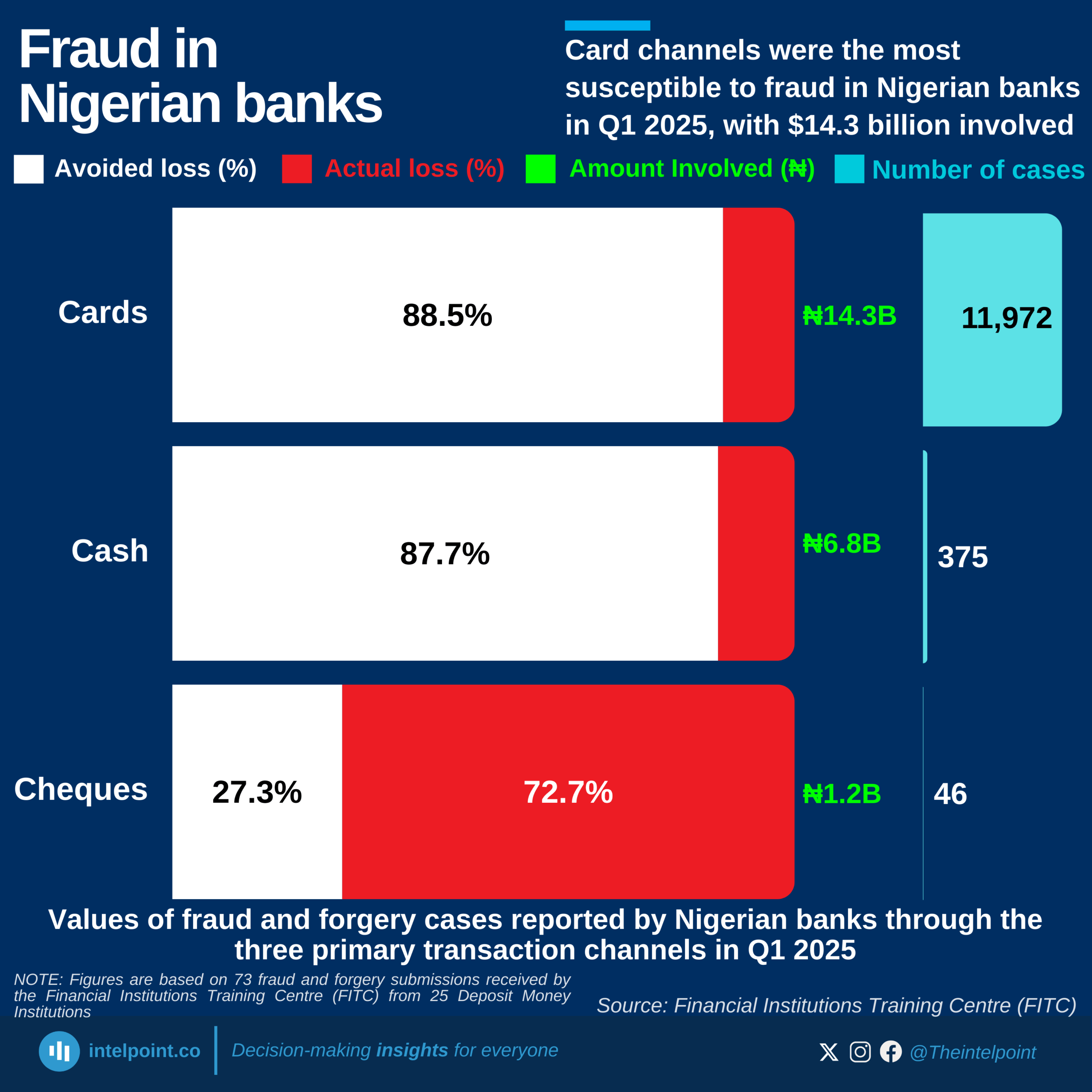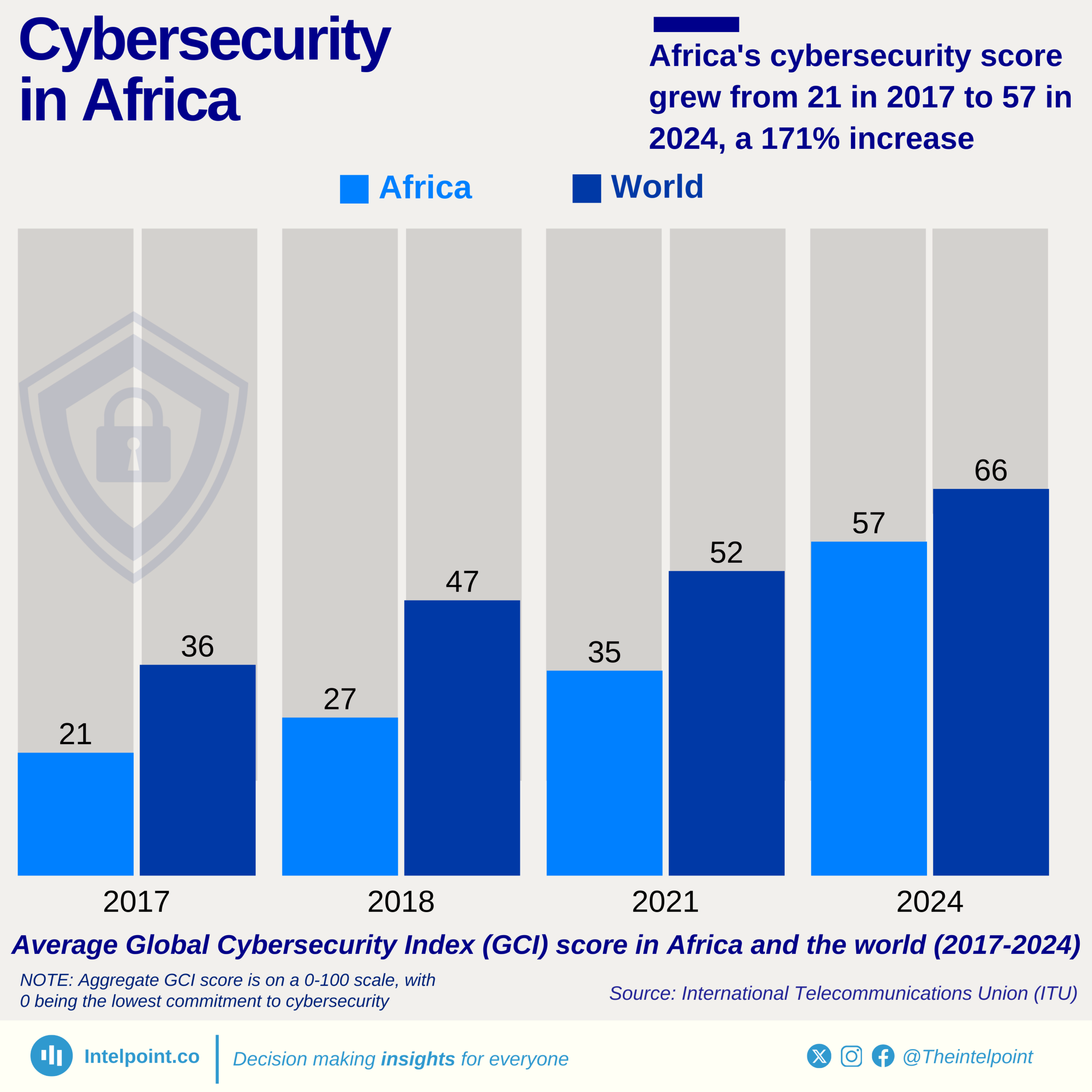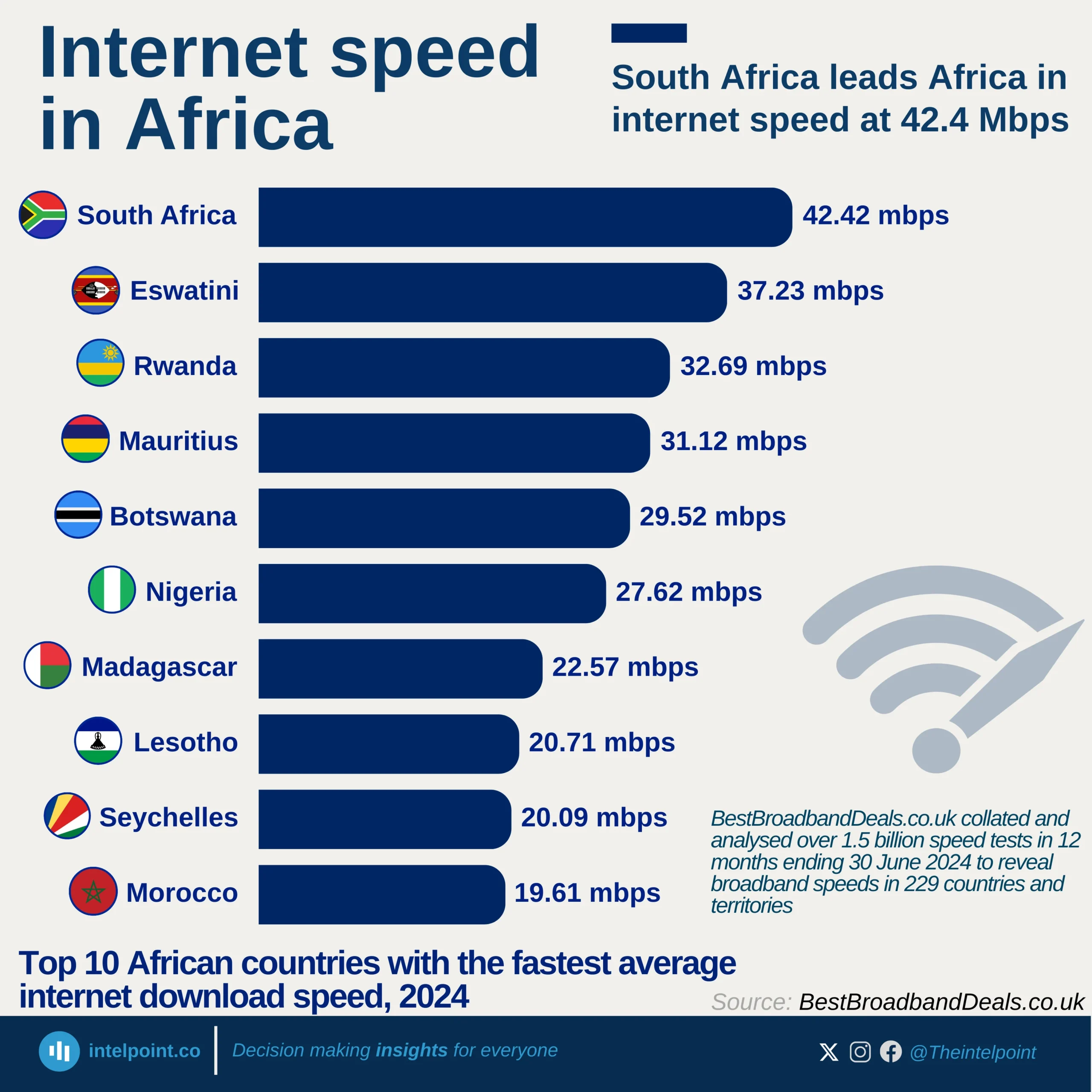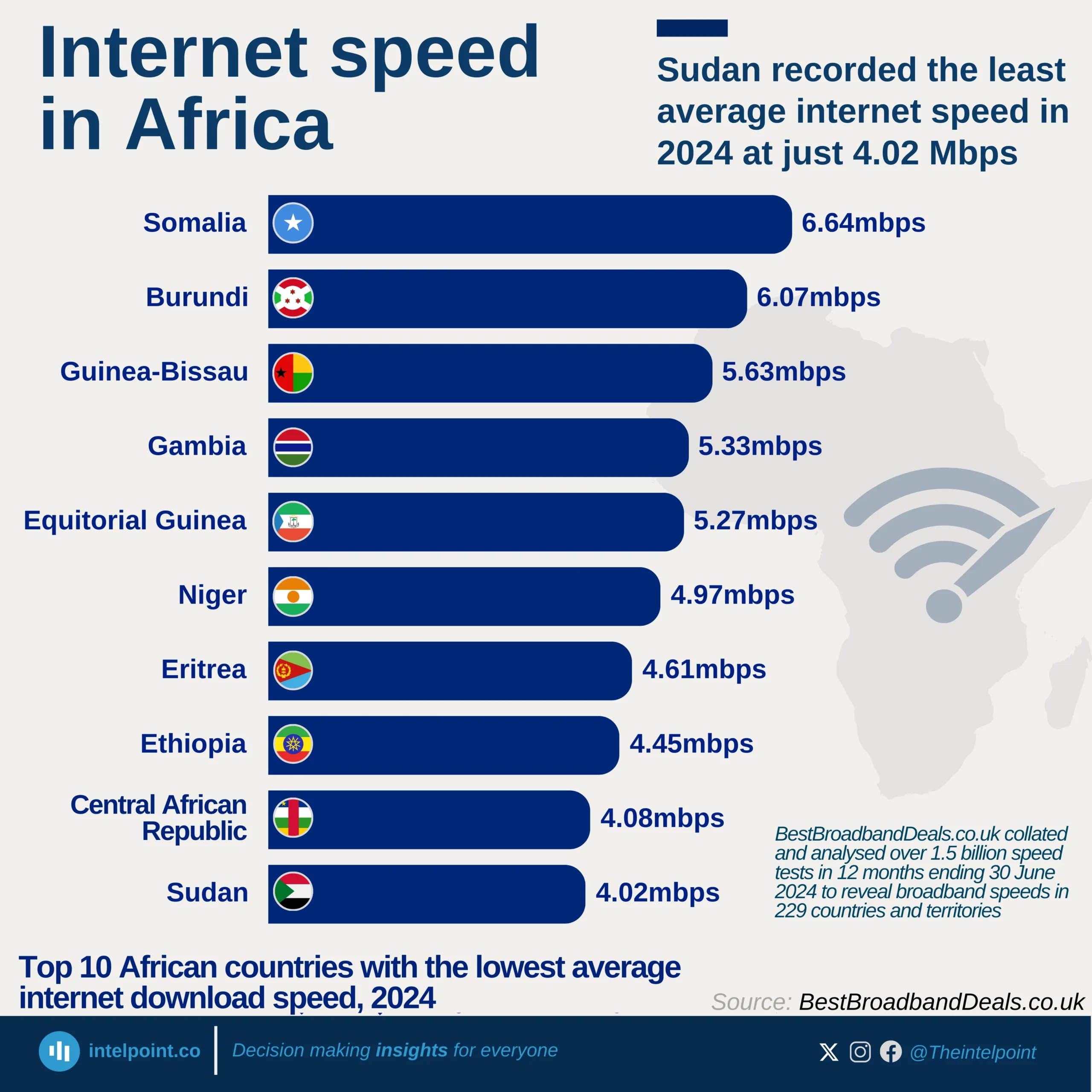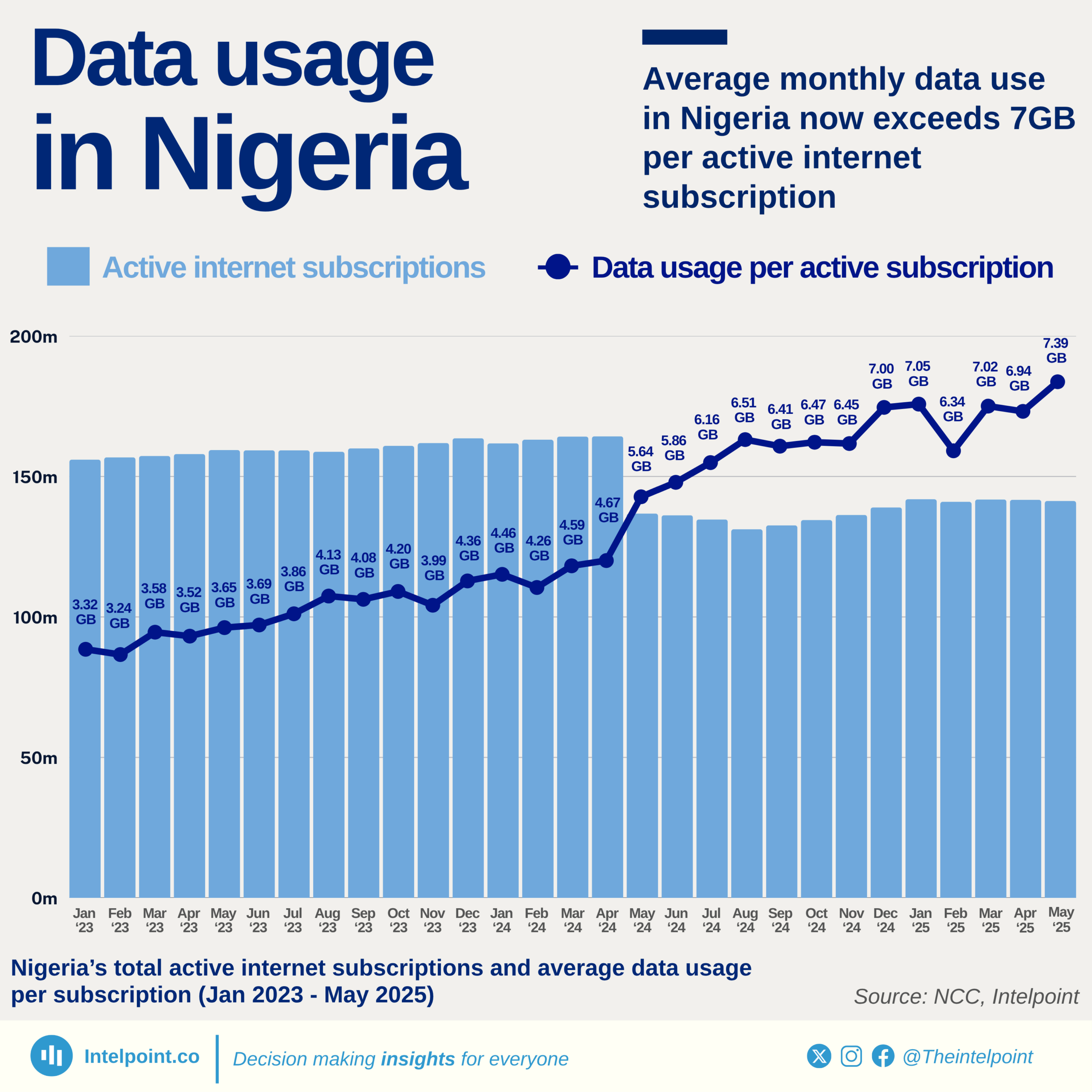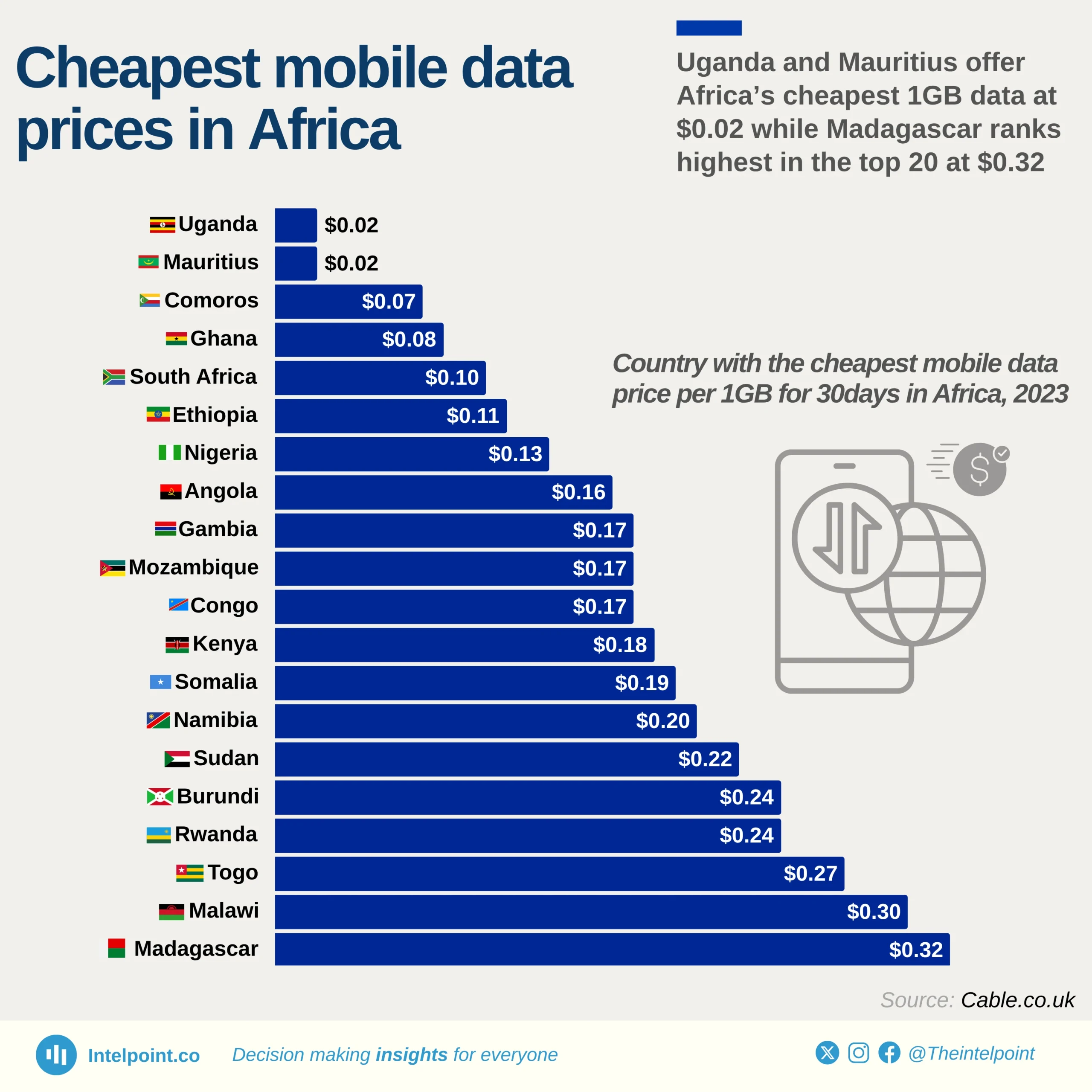The number of people using the internet has grown from 4.3 million in 1991 to 5.6 billion in January 2025. That’s an increase of over 130,000% in three decades, and a reminder that we’ve lived through one of the fastest technology adoption waves ever recorded. But while the early internet era saw wild surges in growth, that speed has cooled significantly in the last decade.
